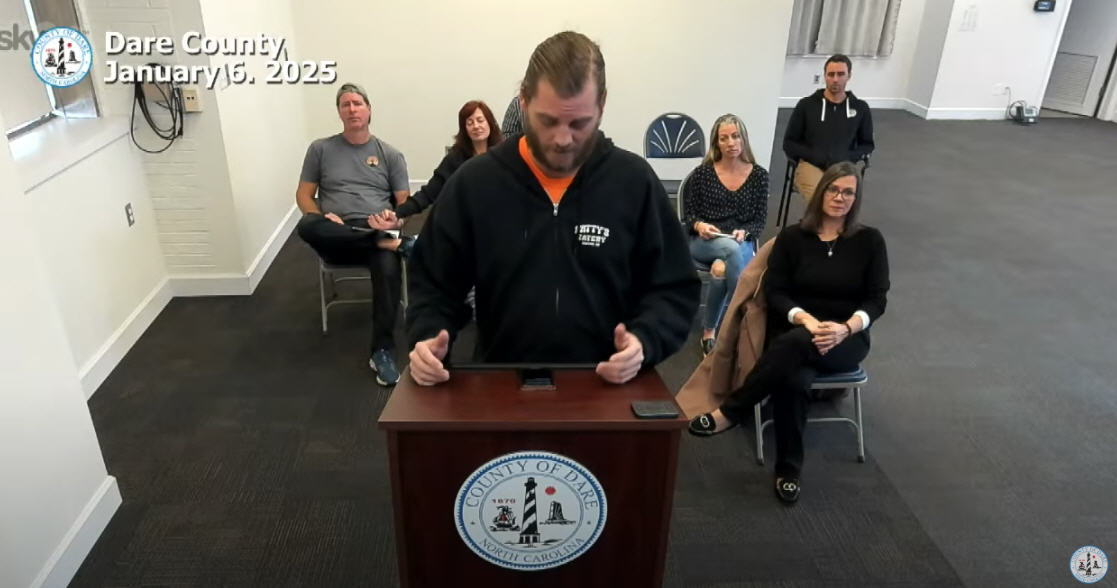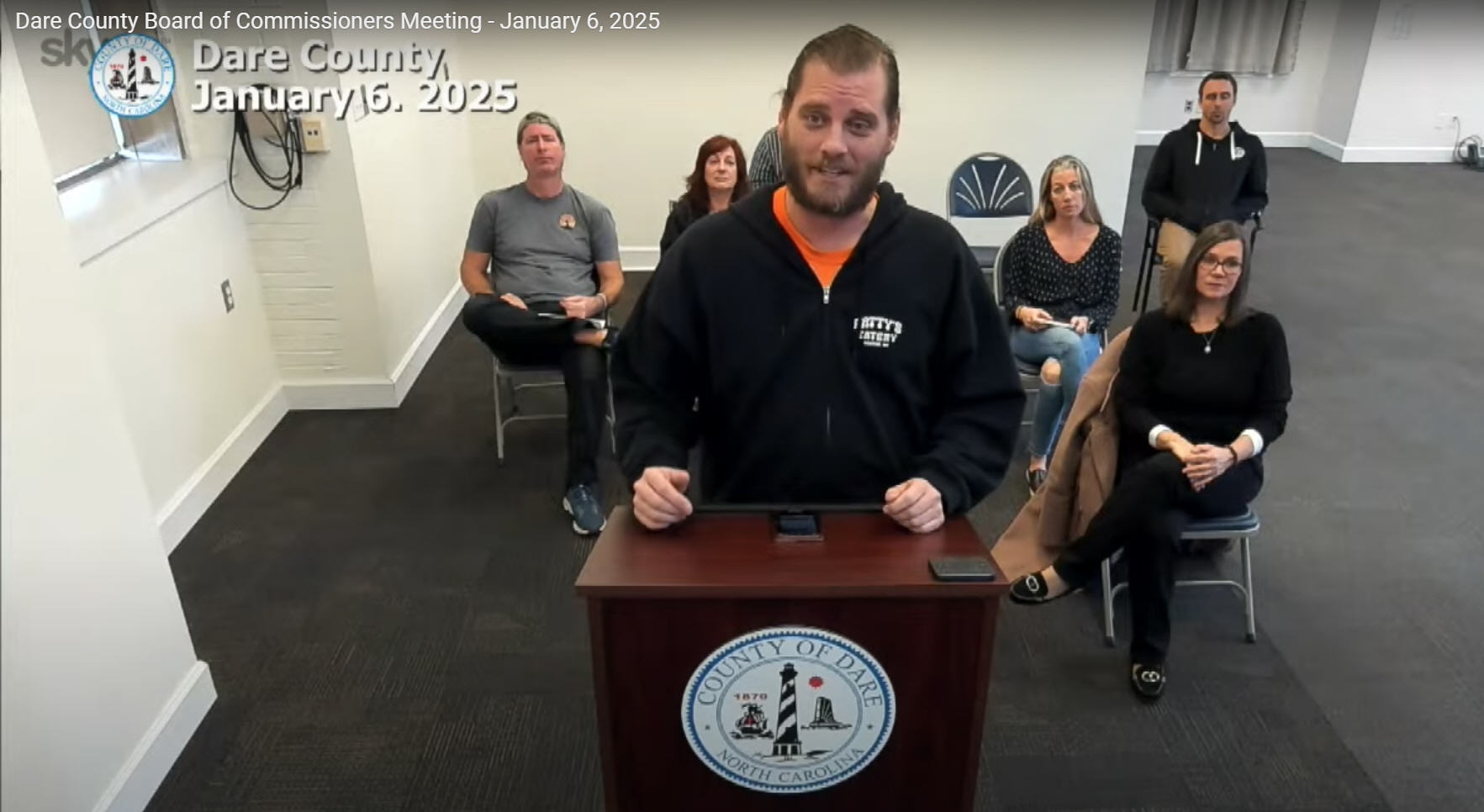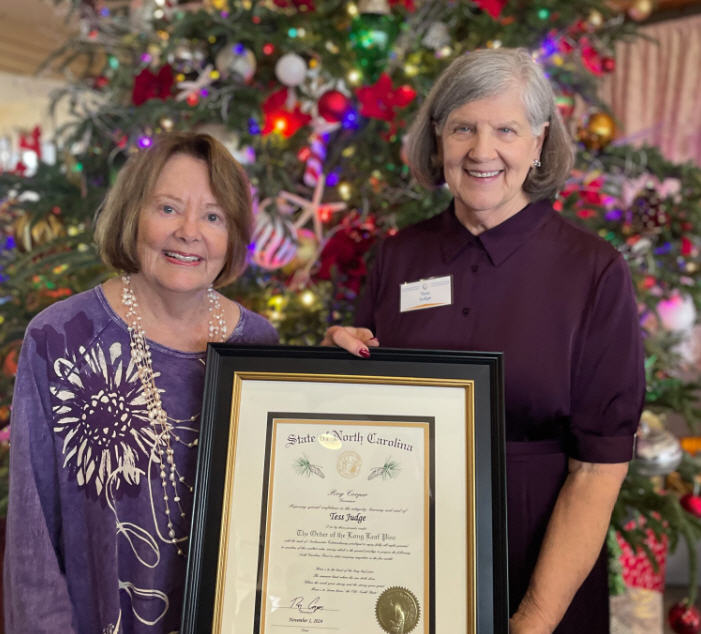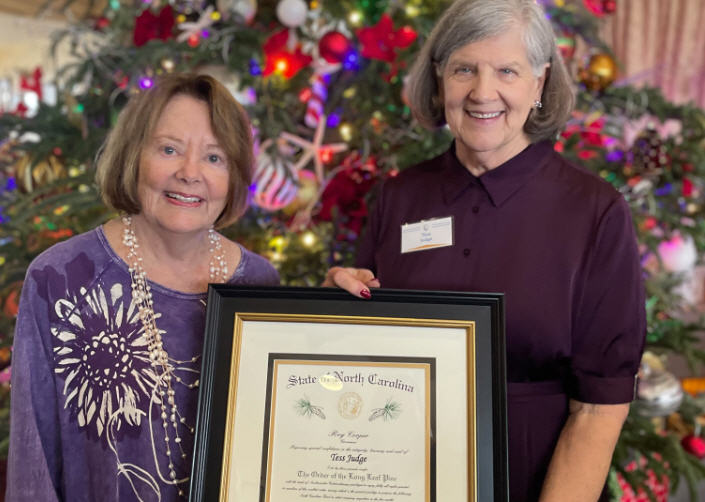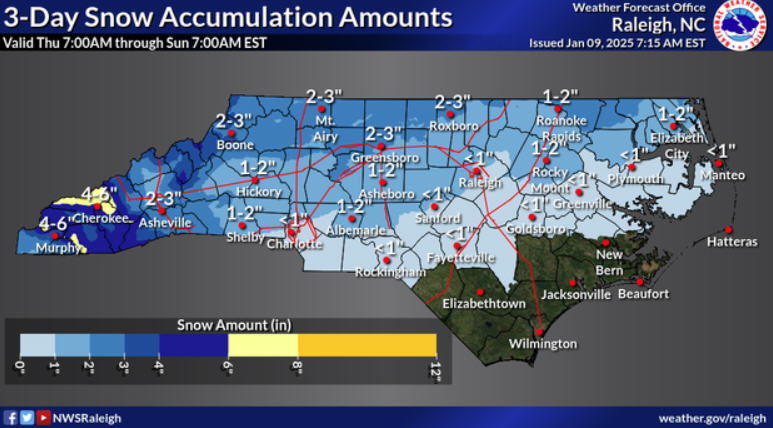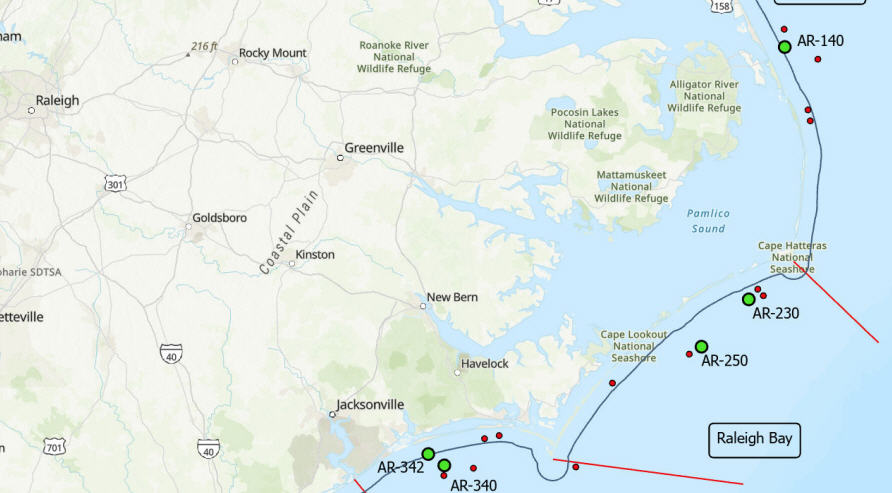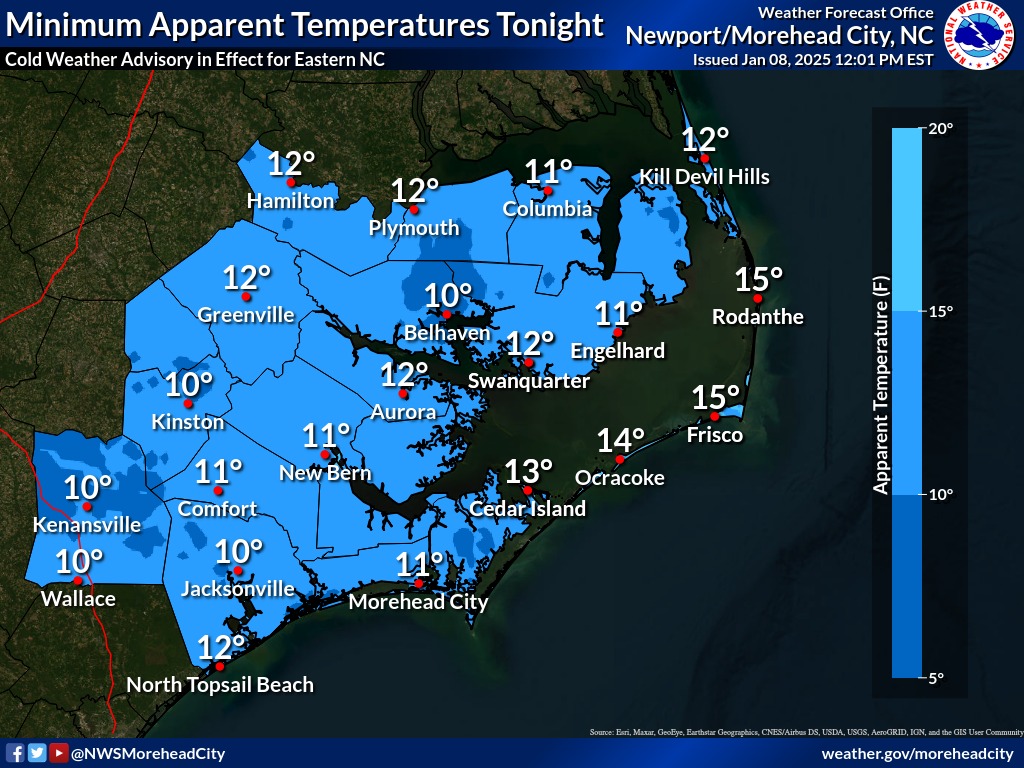Legislative Update: Lawmakers take aim at N.C. Constitution
Since convening a couple of months ago, legislators in the North Carolina General Assembly have filed a number of bills aimed at getting proposed amendments to the North Carolina Constitution on a future General Election ballot.
Amendments to the state’s Constitution can be enacted only if voters approve the measure by casting their ballots for the measure. After amendments are added to the Constitution, voters can make changes only through the ballot process.
Although most of the proposed amendments are to the North Carolina Constitution, one bill proposes to ratify an amendment to the U.S. Constitution. Another proposes a resolution to call for a Convention of the States to amend the U.S. Constitution. And yet another calls for rescinding the call for a Convention of the States.
Senate Bill 147, is an act, which if passed by the General Assembly, would ratify the Equal Rights Amendment to the U.S. Constitution. The Equal Rights Amendment, if it becomes law, would mandate that equality of rights under the law shall not be denied or abridged by the United States or by any state on account of sex. Among the long list of practices that the amendment is anticipated to eliminate are insurance companies charging higher rates to men than women of the same age; gender bias in family courts; bias in hiring and promoting based on gender; and paying out less to women than men with annuities.
House Bill 48 is a proposed resolution applying to Congress to call for a Convention of the States limited to proposing amendments to the U.S. Constitution that impose fiscal restraints on the federal government, limit the power and jurisdiction of the federal government, and limit the terms of office for its officials and for members of Congress.
HB 132 proposes to rescind HB 48’s call for a Convention of the States. The bill notes: “Former Associate Justice of the United States Supreme Court Arthur J. Goldberg and other leading constitutional scholars agree that such a convention may propose sweeping changes to the Constitution, notwithstanding any limitations or restrictions to the contrary purportedly imposed by the states in applying for such a convention or conventions, thereby creating an imminent peril to the well-established rights of the citizens and the duties of various levels of government.”
Filed in the early days of the session, SB 28 and HB 49 are mirror bills – both are worded the same with the same intended purpose. The focus is to create an Independent Redistricting Commission and to amend the state Constitution to help ensure the commission’s continued existence.
The nine-member commission would be appointed in the following manner: two by the Chief Justice of the Supreme Court, with no more than one affiliated with the same political party; three by the governor, with no more than two affiliated with the same political party; one by the speaker of the House of Representatives and one by the leader in the House of Representatives of the political party with the next highest or equal number of members of the House of Representatives as the party of the speaker (if there are two or more parties other than the speaker’s party with equal membership, the appointing authority shall be selected in a manner prescribed by law); one by the President Pro Tempore of the Senate and one by the leader in the Senate of the political party in the Senate with the next highest or equal number of senators as the party of the President Pro Tempore (if there are two or more parties other than the President Pro Tempore’s party with equal membership, the appointing authority shall be selected in a manner prescribed by law).
No person who served as a member of the Independent Redistricting Commission would be eligible to hold any elective public office for four years after termination of service on the Independent Redistricting Commission.
The commission would develop three proposed redistricting plans for members of the General Assembly and the U.S. Congress. The plans would be submitted to the General Assembly, which would have 120 days to choose a proposal. If a plan isn’t chosen in that time frame, the commission would choose one, and it would have with it the force of law. Rep. Paul Tine, U-Dare, is one of the bill’s primary sponsors. If passed by voters, it would be effective beginning with the 2030 U.S. Census.
SB 94, is a proposed Constitutional amendment that, if adopted, would replace the elected office of State Superintendent of Public Instruction and the State School Board with the Department of Education. The head of the Department of Education would be appointed by the Governor in accordance with law subject to confirmation by joint resolution of the General Assembly. The General Assembly would fill temporary vacancies in that position.
SB 607 proposes to amend the Constitution so that no taxes can be imposed either locally or statewide with out approval of two-thirds of the General Assembly in each chamber during each of readings to occur on three different days. The “yeas” and “nays” would be mandated to be entered into the journal.
HB 230 calls for placing a proposed Constitutional amendment to raise the state’s minimum wage on the ballot. The proposed amendment, if adopted, would include raising the state minimum wage to an hourly rate of $8.80. Each following year it would be adjusted when the N.C. Department of Labor would calculate an adjusted rate using the consumer price index CPI-U, or its successor index, to take effect on the following Jan. 1.
HB 213, proposes amending the state’s Constitution to mandate that only those authorized to practice law in this state who have at least five years of experience as licensed attorneys in North Carolina shall be eligible for election or appointment as a justice of the Supreme Court, judge of the Court of Appeals, judge of the Superior Court, or judge of District Court. If approved by voters and placed in the Constitution, the amendment would not apply to persons elected to or serving in such capacities on or before Jan. 1, 1981.
SB 602, proposes to amend the Constitution so that of the total annual net revenues of any lottery operated by the state, 50 percent shall be appropriated to pre-kindergarten programs and 50 percent shall be appropriated to need-based and merit-based assistance for higher education programs.
HB 180 would amend the Constitution to change the length of elected terms of members of the General Assembly to four years. If adopted, the amendment would mandate that elections for members of the General Assembly, Clerks of Court, District Attorneys and Sheriffs take place the year that elections are held for the U.S. House of Representatives. The amendment would also limit those serving as Speaker of the House and the President Pro Tempore from serving more than two regular consecutive sessions of the General Assembly.
SB 271 also proposes amending the Constitution to change the elected terms of members of the General Assembly to four years but it also aims to stagger the terms so that half of each chamber is up for election every two years. To initially stagger the terms, following the election in 2016, the President Pro Tempore of the Senate would choose 25 members in the 50-member Senate to remain in office for an additional two-year term and the Speaker of the House of Representatives would choose 60 members in the 120-member House to serve an additional two years. Those not chosen by the chamber leaders to serve an additional two years would run for election in 2018 for a four-year term. The amendment would also limit legislators to serving four consecutive terms.
(Sandy Semans is a retired newspaper editor and reporter who now works as a free-lance writer. She lives in Stumpy Point. Her update on the goings-on in this session of the General Assembly will appear weekly in The Island Free Press, usually on Friday.)






